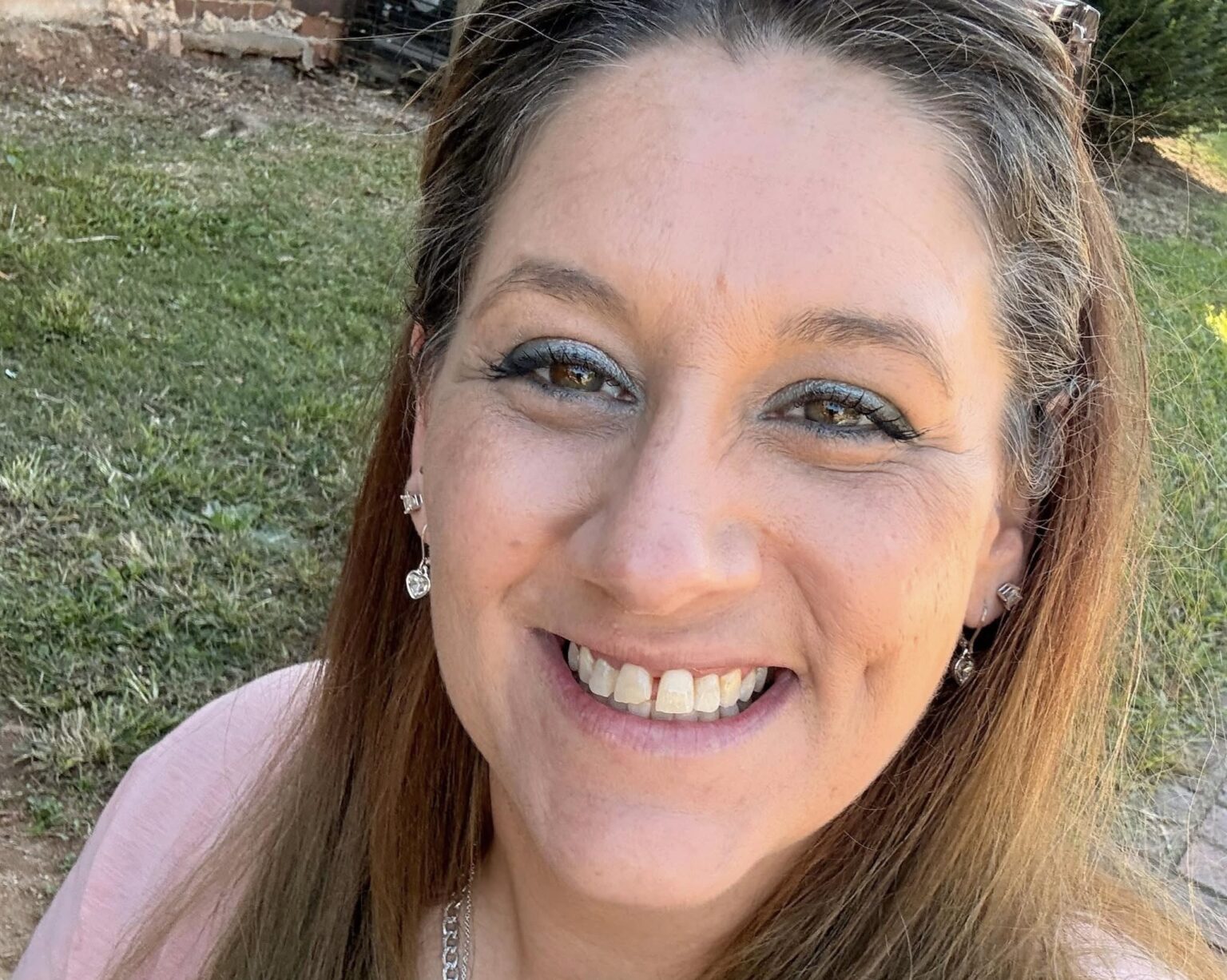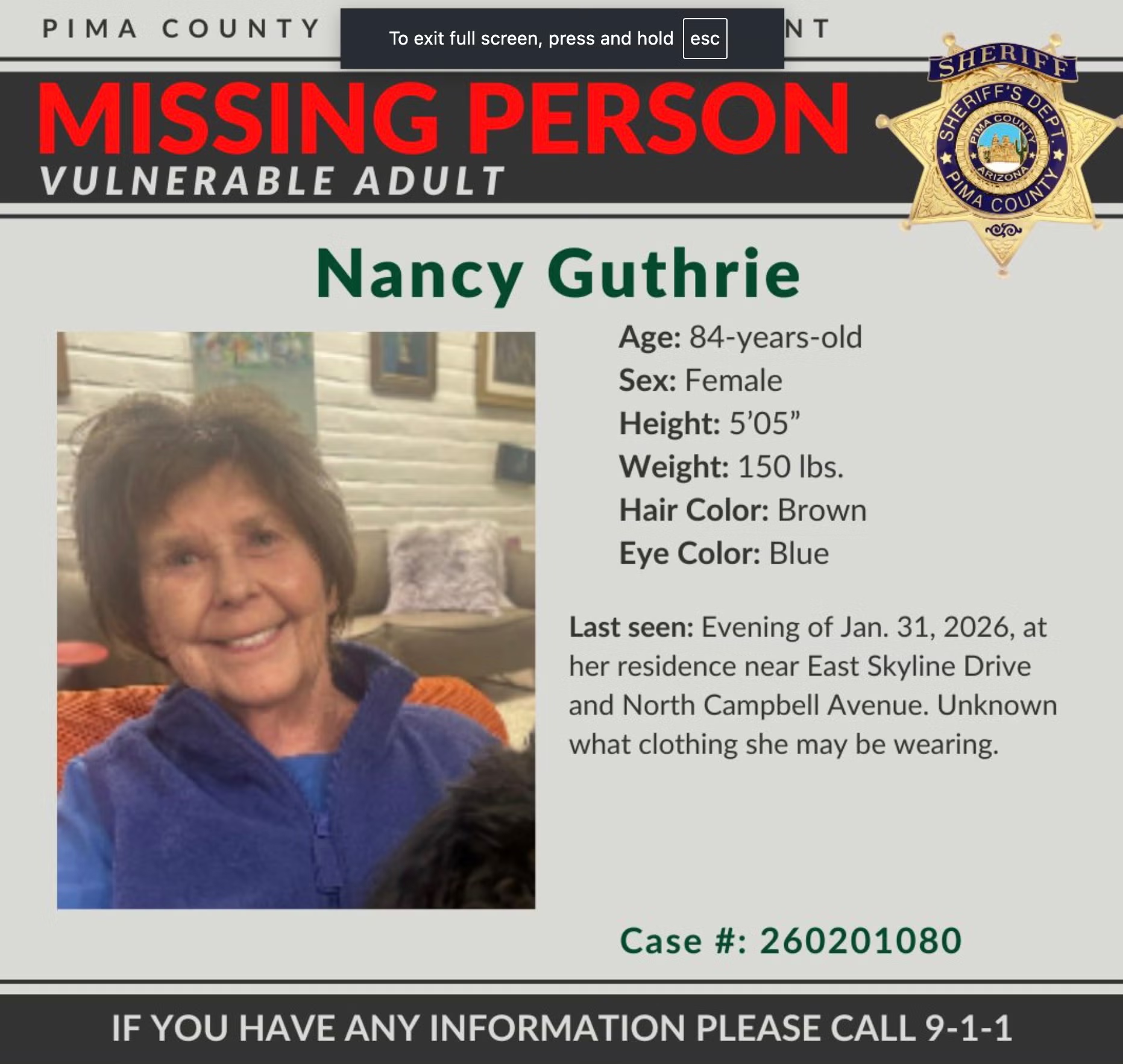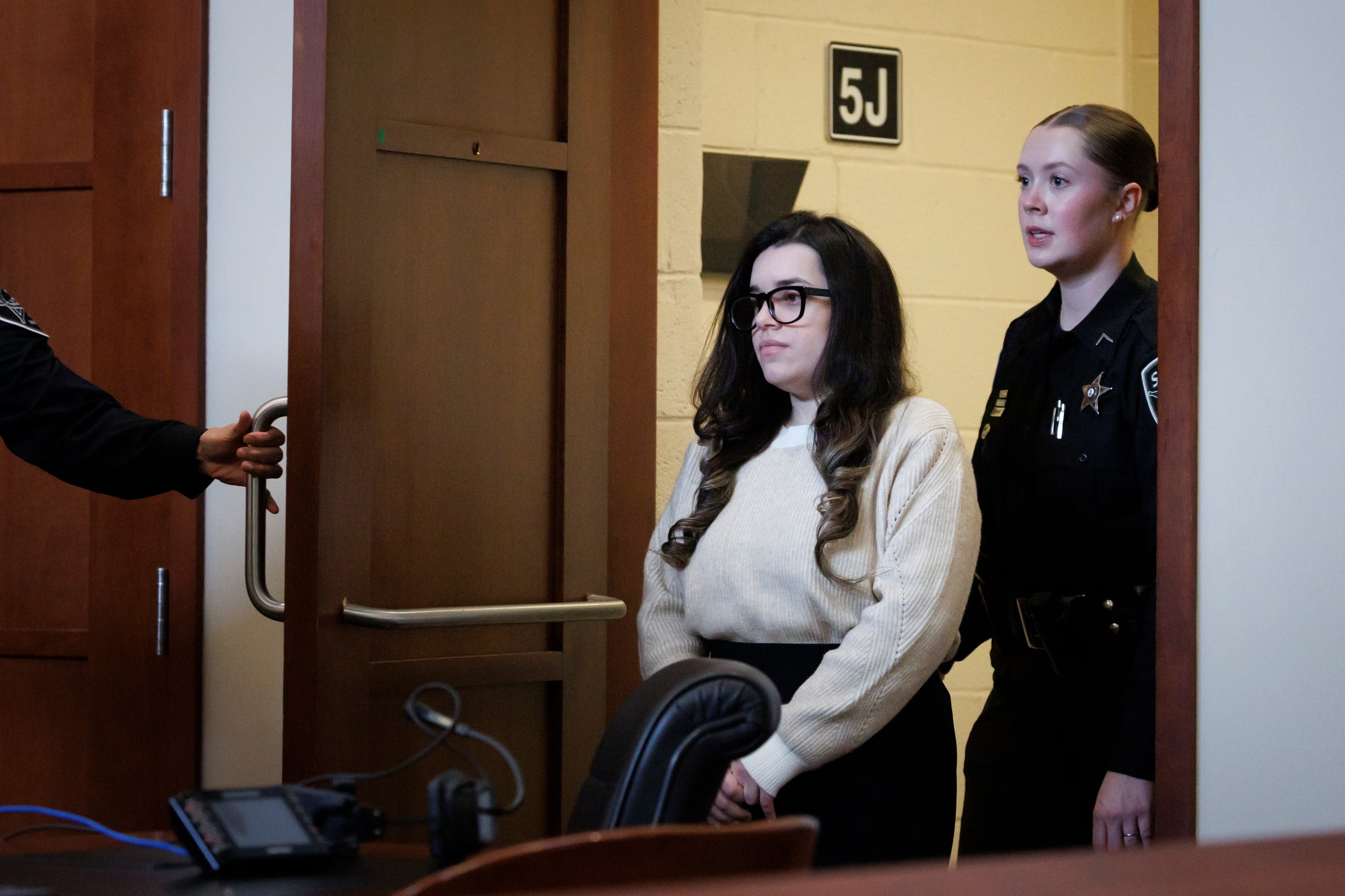It was around 8:50 p.m. this past Thursday when the quiet on the 700 block of Ferrell Court in Winston‑Salem, North Carolina, shattered. Officers from the Winston‑Salem Police Department (WSPD) responded to a call of gunfire and found 44-year-old Meranda Lynn White with a gunshot wound. She was rushed to a local hospital, but tragically died shortly after arrival.
At the same scene, police located another person who had suffered a non-life-threatening gunshot wound. Their identity is being kept under wraps while the investigation continues.

As investigators from the WSPD’s Criminal Investigations Division sift through evidence, they have stressed that the shooting appears isolated and not a random act of street violence. From early statements, it seems the incident emerged from a domestic conflict rather than a broad gun-violence scenario.
Meranda’s daughter, Jaila White, provided a window into the chaos that night. She shared how her brother witnessed the horror and continues to be deeply shaken: “He’s very shaken up from it. I don’t have the words for it to describe how he’s feeling. He’s more traumatized than I am.” At the same time, Jaila made a poignant plea: “The situation wasn’t gun violence, it was domestic violence… if you’re seeking help, call help and you’re not alone.” According to a family fundraiser posting, the family stated Meranda was “taken from us in the most heartbreaking way… shot in an act of domestic violence.”
While the police have not announced any arrests, they continue to appeal for information from the public. Anyone with details is urged to reach out to the WSPD. The investigation remains very much active.
In the meantime, the community and family are left wrestling with a painful contradiction: a vibrant life ended, not widely in the streets, but in the shadow of what should have been a safe place. Meranda is remembered in messages from her loved ones as a “fireball full of life, laughter and love… a heart that loved so deeply it left an impact on everyone she met.”
As neighbors, friends and bystanders reflect on what happened that night, the emphasis from those closest to Meranda is clear: this was not random — it was preventable. The call now is for awareness, for support for those in dangerous domestic situations, and for closing the gap between what families feel and how the system responds. As Jaila urged, if you’re in a situation that feels dangerous: speak up. You’re not alone.
The road ahead will demand answers — for how this happened, who was involved, and how to stop it from happening again. Until then, Meranda’s family holds her memory close, and a community watches, hoping for change.



